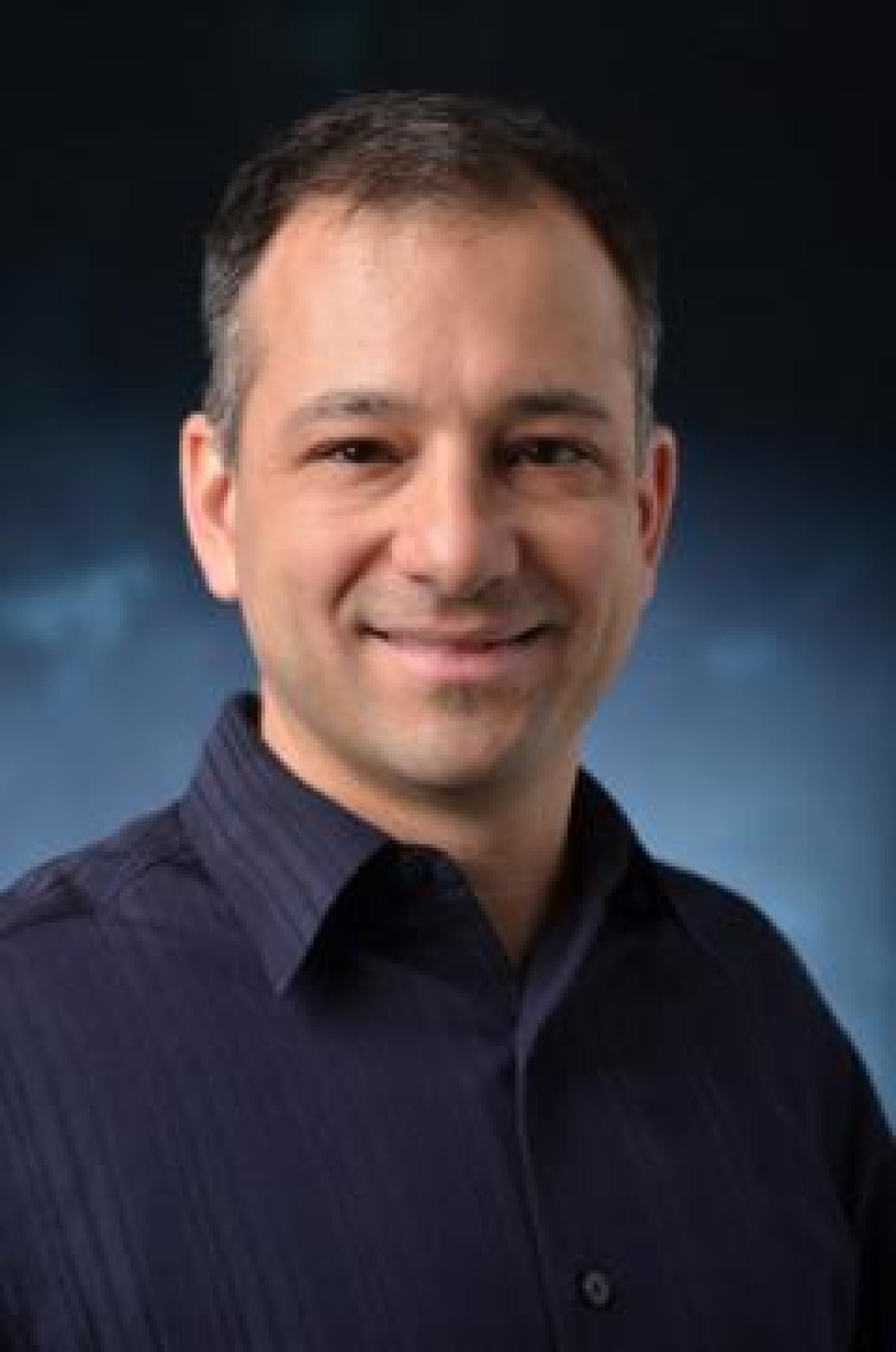Sean Shaheen announced as interim Multi-Functional Materials IRT director

Associate Professor Sean Shaheen
Shaheen is finishing his term as the Associate Chair for Education in the Department of Electrical, Computer and Energy Engineering. He is a fellow of the Renewable and Sustainable Energy Institute and is affiliated with the Department of Physics and the National Renewable Energy Laboratory. He holds a bachelor’s degree in physics from Carnegie Mellon University and a PhD in physics from the University of Arizona. He previously taught at the University of Denver and has worked at the National Renewable Energy Laboratory in Golden, Colorado and at the University of Linz, Austria.
Shaheen will now serve as the main point of contact for the Multi-Functional Materials IRT, networking across disciplines and preparing for research opportunities.
The six Interdisciplinary Research Themes were originally launched as of the college’s strategic vision to build on strengths, prepare for future research opportunities and accelerate positive impacts to Colorado and the nation. The goal of these themes is to bring together professionals and driven students from different areas of specialization to address the challenges associated with each.
The Multi-Functional Materials IRT represents a diverse area of study, bringing together researchers across disciplines like electrical engineering, mechanical engineering and computer science and from arts and sciences disciplines like biology and physics. Their goal is to develop new materials and systems that are capable of sensing their environment, computing an appropriate response in an energy-efficient way, and then reconfiguring their structure and behavior for optimal performance of a given task. Examples include limbs for soft robotics that can manipulate objects and adaptive surfaces for high performance unmanned aerial vehicles that alter their shape according to aerodynamics stresses. Other examples are smart fabrics and spacesuits that sense and respond to the state of the person wearing them or even living structural systems like bee colonies that appear disordered yet are carrying out sophisticated algorithms for mechanical load bearing and thermal regulation.
“Multi-functional materials represent a new paradigm for engineering future materials systems that seamlessly integrate sensing, cognition, and actuation. Akin to biological materials and living systems, they utilize their various capabilities on-demand for high performance and robustness in the face of changing performance needs and environmental stresses,” said Shaheen.
The six Interdisciplinary Research Themes have distributed more than $800,000 in seed grants to date and are still accepting members. Faculty members can sign up online or contact one of the IRT directors for more information.

